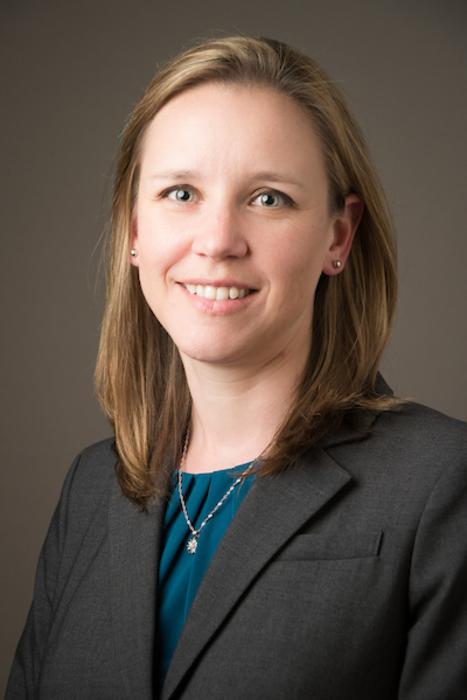The Associate Dean of Research at the University of Tennessee Health Science Center’s College of Nursing has received a two-year, $421,188 grant from the National Institutes of Health (NIH) to improve cognitive screening in people who suffer from a devastating type of stroke called aneurysmal subarachnoid hemorrhage (aSAH).

Credit: University of Tennessee Health Science Center
The Associate Dean of Research at the University of Tennessee Health Science Center’s College of Nursing has received a two-year, $421,188 grant from the National Institutes of Health (NIH) to improve cognitive screening in people who suffer from a devastating type of stroke called aneurysmal subarachnoid hemorrhage (aSAH).
Professor Ansley Stanfill, PhD, RN, FAAN, has devoted her program of research to improving outcomes for people who survive strokes. Her latest grant aims to determine if an existing screening tool can be used in a new way to assess patients following aSAH and trigger a referral to an in-depth neuropsychological assessment, which could lead to earlier effective interventions.
“Over the last 20 years we have done a much better job of saving people. But there is always the question, ‘What are we saving them to?’” Dr. Stanfill said. “My goal is to return them to a good quality of life and to ameliorate their symptoms.”
The aSAH type of stroke strikes relatively young people, carrying a mortality rate of almost 40 percent. About 30 percent of those who do survive will experience severe long-term disability, and many survivors experience cognitive symptoms. A higher incidence of cognitive issues following such a stroke is seen in rural or African-American patients, Dr. Stanfill said. It is hoped that the study could make a significant impact on improving equity by informing new practice guidelines that provide an earlier and more accurate assessment of cognitive issues.
In the study’s pilot data, cognitive problems went undetected in about 67% of patients because they were not picked up by typical outpatient clinical neurological exams, Dr. Stanfill said. Patients who survive aSAH can be affected at the level of executive function in cognition, which includes some of the everyday skills needed to make plans or solve problems. Dr. Stanfill gave the example of an accountant who could still do his job but was frustrated that he could not add numbers in his head anymore.
The study will enroll 60 aSAH patients over 18 months as they seek outpatient follow-up care at Semmes Murphey Clinic. The researchers will also be collecting information from someone who lives with or is close to the patient to determine if they report different cognitive issues than the patient does.
Dr. Stanfill will serve as Principal Investigator on this grant and will be supported by Co-Investigators Assistant Professor Brandon Baughman, PhD, in the Department of Neurosurgery, and Associate Professor Xueyuan Cao, PhD, and Research Manager Drew Prescott, MHIM, both in the College of Nursing.
“I have been wanting to do this project for a long time,” Dr. Stanfill said. “This is all building toward my goal of improving physical, affective, and cognitive outcomes for people who suffer a stroke.” In 2018, she received a $1.1 million NIH grant to study how social, clinical, and genetic factors affect a person’s risk for developing severe disability after subarachnoid hemorrhage, aiming to also give insight into the disparities for this outcome seen between Caucasian and African-American patients.



